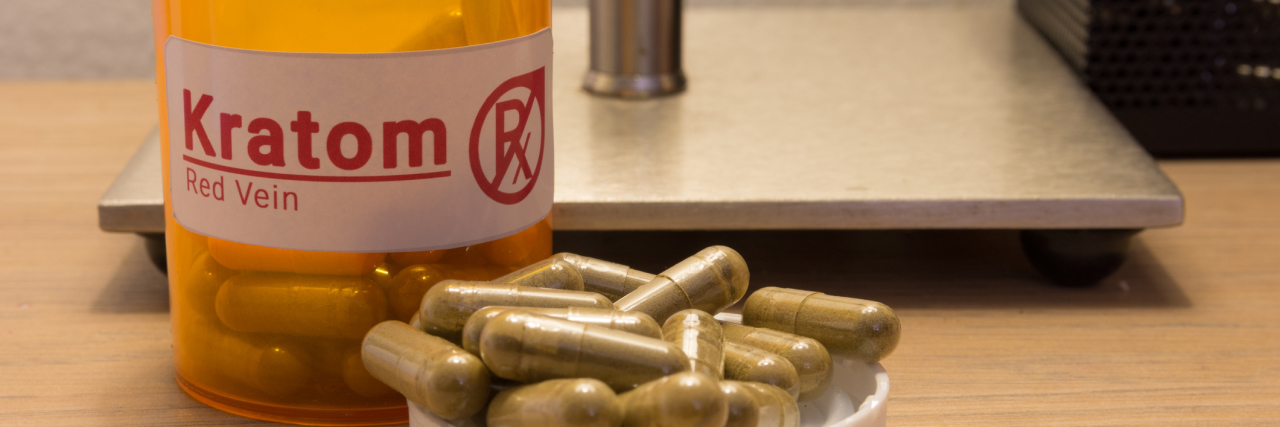If you use supplements containing kratom to help manage your chronic pain, check to see if you’re using one of the brands that have been recalled.
The U.S. Food and Drug Administration (FDA) announced last week the “voluntary destruction and recall” of kratom-containing dietary supplements under the brand names Botany Bay, Enhance Your Life and Divinity. These brands are manufactured by Divinity Products Distribution in Missouri, and the company has agreed to stop selling all products containing kratom.
Kratom is a tropical tree in the coffee family from Southeast Asia that has been used medicinally for centuries. The leaves are crushed or powdered and are usually taken in the form of a capsule or tea. In low doses, it acts as a stimulant and in higher doses, it acts as a depressant on the central nervous system. It binds to some of the same receptors in the brain as opioids. Because of this, some people have started to use kratom as a way to combat opioid withdrawal symptoms and decrease chronic pain without using opioids. It is legal in the U.S., though it is banned in some states and cities.
In a statement about the recall, FDA commissioner Scott Gottlieb said there is “no reliable evidence” to support kratom’s effectiveness.
The extensive scientific data we’ve evaluated about kratom provides conclusive evidence that compounds contained in kratom are opioids and are expected to have similar addictive effects as well as risks of abuse, overdose and, in some cases, death. At the same time, there’s no evidence to indicate that kratom is safe or effective for any medical use. To protect the public health, we’ll continue to affirm the risks associated with kratom, warn consumers against its use and take aggressive enforcement action against kratom-containing products. We appreciate the cooperation of companies currently marketing any kratom product for human consumption to take swift action to remove these products from circulation to protect the public.
In 2016, the Drug Enforcement Administration (DEA) announced that the DEA would temporarily list the main active ingredients in kratom as a schedule I drug under the Controlled Substances Act. Schedule I drugs are those with no currently accepted medical use and a high potential for abuse, according to the DEA. The decision to ban the ingredients was reversed after strong outcry from proponents of kratom.
In November the FDA sent a warning against the use of kratom, and earlier this month, the FDA called it an opioid.
The recall came the day after the Centers for Disease Control’s issued a recommendation for consumers to avoid kratom due to a salmonella outbreak, which the CDC linked to kratom. Twenty-eight cases were documented throughout 20 states, with 11 people hospitalized, eight of whom said they had consumed kratom. The FDA’s recall announcement did not mention the salmonella outbreak, though.
However, kratom supporters, including some scientists, argue it’s an effective pain reliever that’s safer than opioids.
Getty photo by AR30mm

